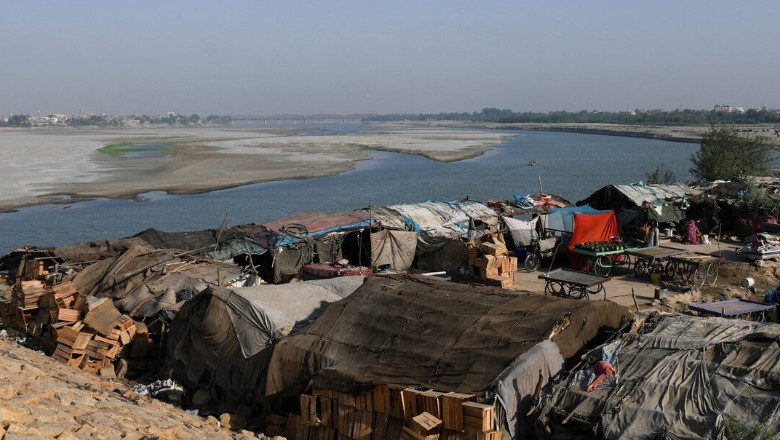India begins work on hydro projects in IIOJK after suspending Indus Waters Treaty

Web Desk
|
5 May 2025
India has initiated work on two hydroelectric power projects in Indian Illegally Occupied Jammu and Kashmir (IIOJK), aiming to boost its reservoir capacity following the suspension of the Indus Waters Treaty with Pakistan. This development comes amid escalating tensions between the two countries after the Pahalgam incident.
According to sources cited by Reuters, the move involves a "flushing" operation to remove sediment buildup from the reservoirs, a process that began on May 1 and continued for three days.
The work is being carried out by NHPC Ltd, India’s largest state-owned hydropower company, in collaboration with local authorities in Jammu and Kashmir.
Islamabad has strongly opposed the treaty suspension and warned that any effort to block or redirect Pakistan’s water flow would be viewed as an “act of war”.
Read: 'India cannot block water for more than a few hours,' says expert
The Indus Waters Treaty, signed in 1960, regulates water-sharing between the two nations, with Pakistan depending heavily on the rivers for agriculture and energy needs.
Although the current activity may not immediately impact Pakistan's water supply, officials and analysts caution that similar measures on other dams could pose future risks. There are over half a dozen such hydroelectric projects in the region.
As per source this is the first time maintenance work of this kind is taking place on the Salal and Baglihar dams since their commissioning in 1987 and 2008/09, respectively. India reportedly did not notify Pakistan about the operations, despite treaty requirements that prohibit unilateral actions of this nature.
Concerns have also emerged regarding the storage capacities of other dams in the region, particularly the Kishanganga and Ratle projects.
Check: India blocks Chenab River water flow to Pakistan through Baglihar Dam
One official told Reuters on condition of anonymity, “This exercise improves power output efficiency and protects turbines from damage. We began opening the adjustable gates for cleaning from May 1 to facilitate unrestricted dam operation.”
Residents near the Chenab River reported witnessing large volumes of water being discharged from the Salal and Baglihar dams during the three-day operation.
Although the treaty only permits India to build run-of-the-river hydroelectric plants on rivers allocated to Pakistan, the recent suspension grants India the ability to pursue its projects without adhering to rules enshrined in IWT.
Kushvendra Vohra, the recently retired head of India’s Central Water Commission, noted that the move effectively allows India to advance its water infrastructure plans unilaterally.












Comments
0 comment